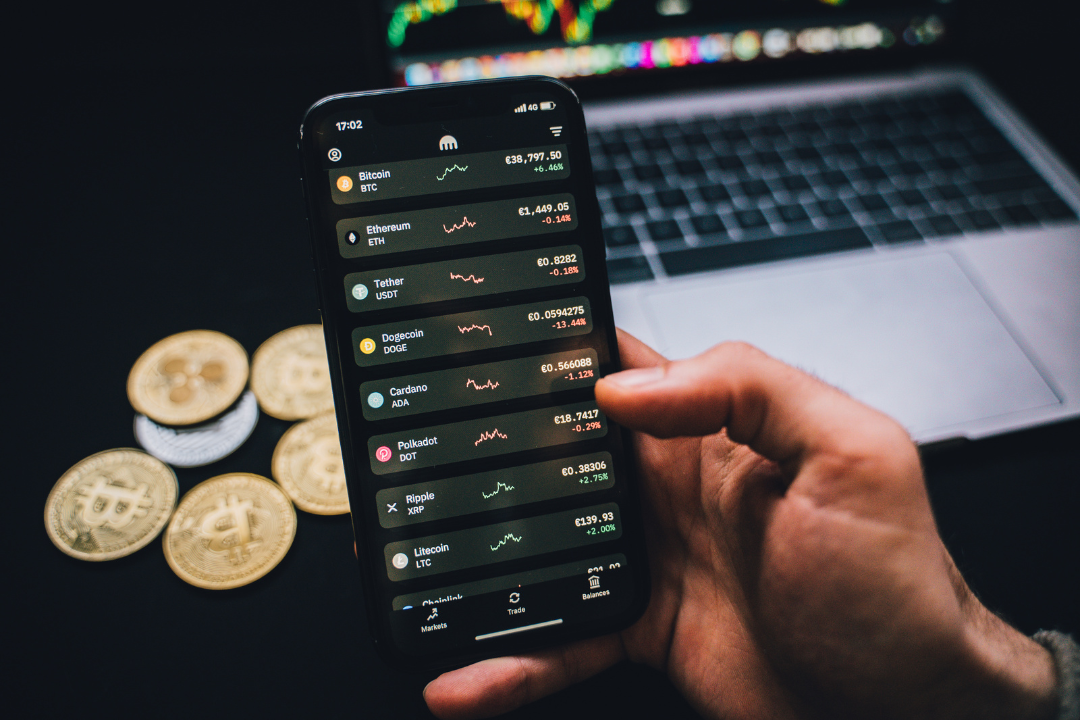I still remember the first time I heard about Bitcoin. It sounded like something out of a sci-fi film — a type of money that lived entirely online, didn’t come from a bank, and could apparently make people millionaires overnight.
Since then, Bitcoin has evolved from being the currency of choice for shady online transactions to a topic discussed by serious investors and even governments. It’s had booms, crashes, comebacks — and no shortage of headlines along the way.
But if you’re still not quite sure what it is or how it works, you’re not alone. Here’s what I’ve learned after going down the rabbit hole — minus the jargon.
What Actually Is Bitcoin?
At its simplest, Bitcoin is digital money. Not the kind that lives in your banking app — but a currency that isn’t issued by any government or controlled by a central bank.
It was created in 2008 by someone (or some group) under the name Satoshi Nakamoto, who published a short paper with a big idea: what if people could send money to each other online, directly, without needing banks or payment processors?
That’s where Bitcoin came in — a peer-to-peer system for sending money, tracked on a public, unchangeable ledger called the blockchain.
It’s a bit like digital cash that anyone, anywhere, can use.
How It Works (In Normal Words)
Let’s say you want to send money to a friend. Normally, you’d go through your bank or PayPal. They’d verify the transaction, deduct the amount, and move the money.
With Bitcoin, there’s no middleman. Instead, your transaction gets added to a digital ledger — the blockchain — which everyone can see, but no one can change. That transparency is part of what makes it trustworthy.
The system operates on cryptography (basically, extremely sophisticated code), and instead of banks keeping track, a whole network of computers does. That’s what makes it decentralised — no one person or institution is in charge.
I’ll admit, it felt like magic the first time I actually used it.
Why Do People Care So Much About Bitcoin?
At first, it was all tech enthusiasts and online communities. Then came the investors.
What makes Bitcoin so intriguing — and risky — is its scarcity. Only 21 million bitcoins will ever be in existence. Over 19 million have already been “mined,” which means the supply is running low.
When demand increases, the price can skyrocket. Of course, it can crash just as dramatically.
That’s part of the thrill (and the chaos). People buy low, hoping to sell high. Others hold on long term, betting that it will one day replace traditional currency systems.
Me? I started with £50 to see what would happen.
Can You Actually Use It to Buy Stuff?
Yes — sort of.
Some websites accept Bitcoin (like Overstock or Etsy sellers), and a few shops here and there do too. However, don’t expect to use it to buy your Tesco groceries or pay for petrol just yet.
In real life, it’s still mostly viewed as an investment, rather than everyday spending money.
Bitcoin Prices Can Go Up — and Down — Fast
If you’ve ever seen headlines about Bitcoin doubling in price overnight — or losing half its value in a week — that’s not exaggeration. It’s a rollercoaster.
The price moves based on supply and demand. When more people are buying, prices shoot up. When panic hits and people sell, it drops. Add social media hype, economic shifts, or regulation changes to the mix, and things can get very unpredictable, very fast.
I’ve seen friends make money. I’ve also seen friends lose it just as quickly.
Some people treat it like a gold rush. Others compare it to a Ponzi scheme. The truth is probably somewhere in the middle — it’s powerful, but you’ve got to know what you’re doing.
How Do You Actually Get Bitcoin?
There are a few ways to get your hands on some:
- Buy it on a crypto exchange like Coinbase or Binance.
- Mine it — although that’s way more complex (and expensive) than it used to be.
- Accept it as payment for your work or products.
-
Use a Bitcoin ATM to swap your cash for coins.
I started with an exchange. It felt a bit like opening a new bank account — but less paperwork and more risk.
So… Should You Get Involved?
Honestly, that depends.
Bitcoin represents more than just a way to make (or lose) money. It’s part of a much bigger shift in how we think about ownership, finance, and freedom. It’s a rebellion against the old system — but it’s not risk-free.
If you’re curious, start small. Read. Ask questions. Never invest more than you’re willing to lose. And don’t believe anyone who tells you it’s guaranteed.
Because here’s the truth: Bitcoin might be the future. But for now, it’s still the wild west.

I am very interested in bitcoins. It is a new kind of money and it’s not controlled by the government